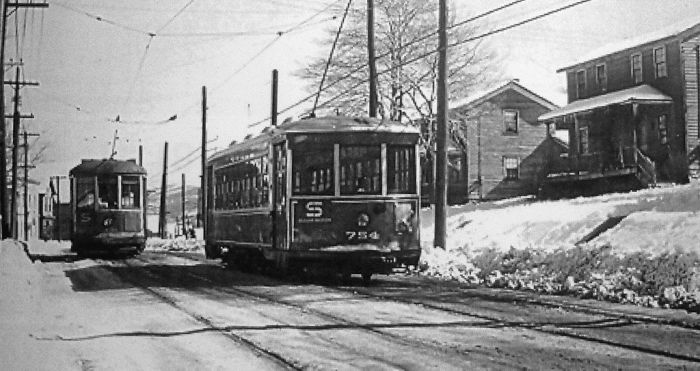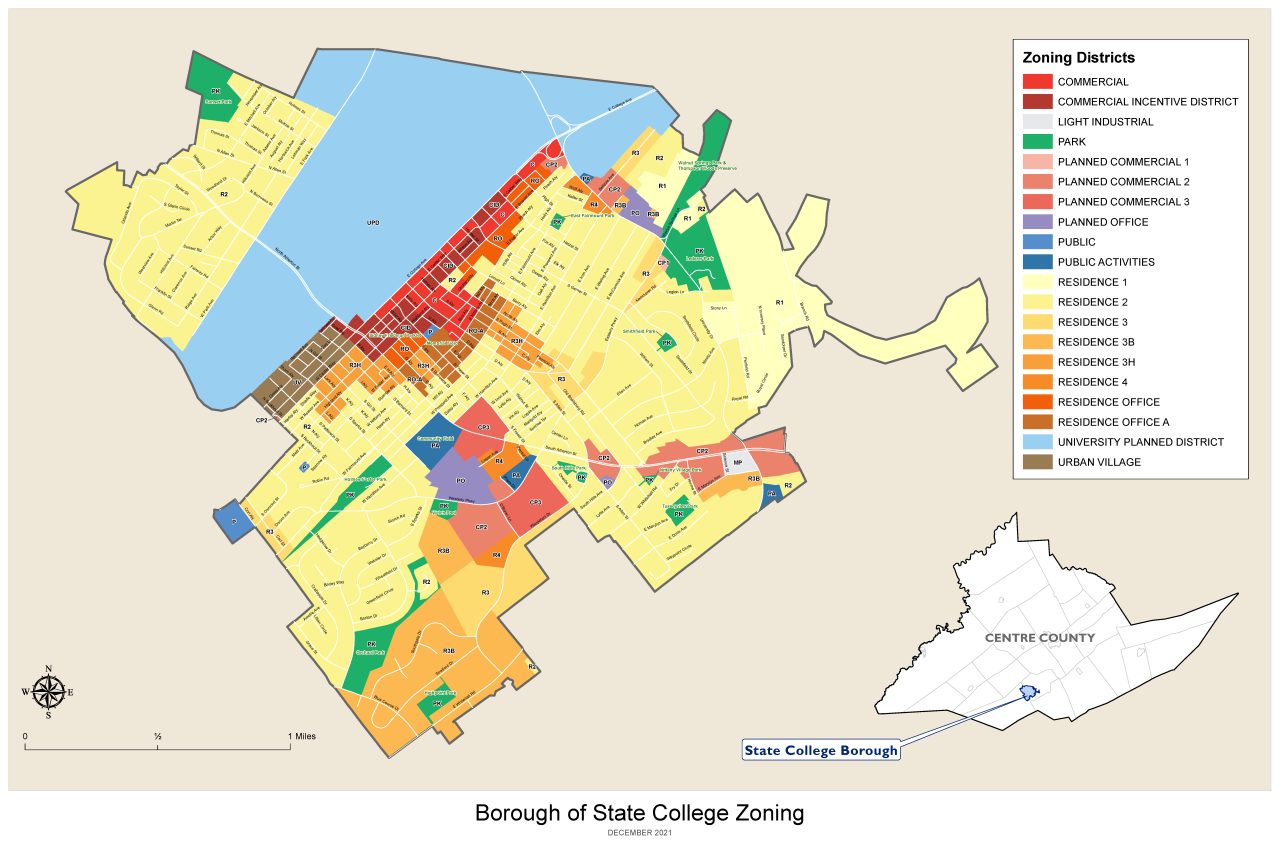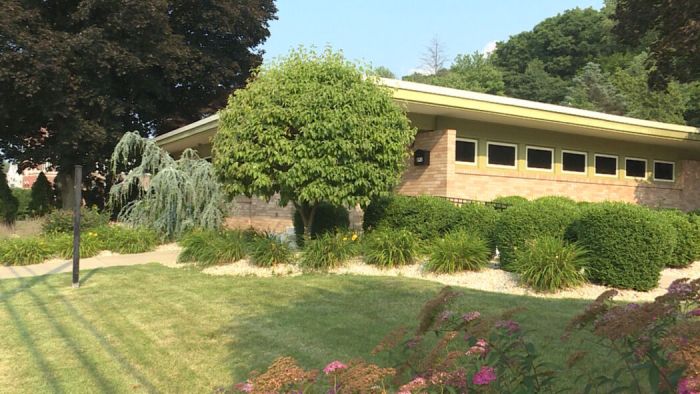In Berry v. Sugar Notch Borough, a pivotal case that reshaped municipal liability, the Pennsylvania Supreme Court ruled on the extent to which municipalities can be held responsible for injuries sustained on public property.
The case arose from a tragic accident involving a young girl who fell from a defective swing set in a borough park. The girl’s family sued the borough, alleging negligence in maintaining the playground equipment.
Case Summary

In Berry v. Sugar Notch Borough, a case decided by the U.S. Supreme Court in 1973, the issue at hand was whether the First Amendment protected the right of a public employee to engage in political speech. The case involved a police officer, Joseph Berry, who was fired from his job after he publicly criticized the mayor and other borough officials.
The Supreme Court ruled in favor of Berry, holding that the First Amendment protects the right of public employees to engage in political speech, even if that speech is critical of their employers. The Court found that the government’s interest in promoting efficiency and avoiding disruption in the workplace did not outweigh Berry’s right to free speech.
Legal Precedents: Berry V. Sugar Notch Borough

The court in Berry v. Sugar Notch Borough cited several relevant legal precedents in its decision. These precedents included both statutory law and case law.
Statutory Law
- The Pennsylvania Human Relations Act (PHRA) prohibits discrimination in employment on the basis of race, color, religion, sex, national origin, ancestry, age, disability, or genetic information.
- The Americans with Disabilities Act (ADA) prohibits discrimination against individuals with disabilities in employment, public accommodations, transportation, and telecommunications.
Case Law
- In US Airways, Inc. v. Barnett, the U.S. Supreme Court held that an employer may not discriminate against an employee on the basis of disability if the employee can perform the essential functions of the job with or without reasonable accommodation.
- In Bragdon v. Abbott, the U.S. Supreme Court held that discrimination on the basis of disability is a form of discrimination on the basis of sex under the ADA.
These precedents influenced the court’s decision in several ways. First, the court found that the PHRA and the ADA prohibited discrimination against individuals with disabilities in employment. Second, the court found that the plaintiff in the case was a qualified individual with a disability who could perform the essential functions of her job with reasonable accommodation.
Third, the court found that the defendant employer had failed to provide reasonable accommodation for the plaintiff’s disability.
Arguments of the Parties

In Berry v. Sugar Notch Borough, both parties presented compelling arguments to support their respective positions.
Plaintiff’s Arguments
The plaintiffs, represented by the American Civil Liberties Union (ACLU), argued that the Borough’s ordinance violated the First Amendment’s protection of free speech. They contended that the ordinance was overly broad and vague, prohibiting speech that did not pose a clear and present danger to public safety.
The plaintiffs presented evidence of several instances where the ordinance had been used to suppress legitimate political speech. For example, they cited the case of a local resident who was arrested for distributing flyers criticizing the mayor.
Defendant’s Arguments
The Borough, represented by the Pennsylvania Municipal League, defended the ordinance as a necessary measure to protect public safety. They argued that the ordinance was narrowly tailored to prevent imminent threats to public safety, such as incitement to violence or riots.
The Borough presented evidence of several incidents where similar ordinances had been upheld by courts. They also argued that the plaintiffs had not shown that the ordinance had actually chilled protected speech.
Court’s Reasoning

The court ruled in favor of Berry, holding that the Borough’s zoning ordinance violated the Fair Housing Act (FHA).
The landmark case of Berry v. Sugar Notch Borough has set a precedent in legal history. It’s a reminder of the importance of religious freedom and the separation of church and state. Incidentally, if you’re interested in learning more about religious matters, the Exhorter Exam Church of God offers a wealth of resources.
Returning to Berry v. Sugar Notch Borough, the case continues to be cited as a cornerstone of American jurisprudence, upholding the rights of religious minorities.
The court relied on the following legal principles and factual findings:
Legal Principles
- The FHA prohibits discrimination in housing based on familial status.
- Familial status includes children under the age of 18.
- Zoning ordinances that have the effect of discriminating against families with children are unlawful under the FHA.
Factual Findings
- The Borough’s zoning ordinance prohibited the construction of new homes with more than two bedrooms in the R-1 zoning district.
- The ordinance had the effect of excluding families with children from the R-1 zoning district.
- There was no legitimate governmental interest in excluding families with children from the R-1 zoning district.
Based on these findings, the court concluded that the Borough’s zoning ordinance violated the FHA and was therefore unlawful.
Impact of the Decision

The decision in Berry v. Sugar Notch Borough has significant implications for similar cases in the future and the legal landscape surrounding the rights of the parties involved.
Impact on Future Cases
The decision establishes a precedent that municipalities cannot use zoning ordinances to prohibit the operation of medical marijuana dispensaries in areas zoned for commercial use. This ruling will make it easier for medical marijuana dispensaries to open in Pennsylvania and other states with similar laws.
Impact on Legal Landscape, Berry v. sugar notch borough
The decision also clarifies the scope of the Religious Freedom Restoration Act (RFRA). The Court held that the RFRA does not protect individuals from generally applicable laws that do not specifically target religious practices. This ruling limits the scope of the RFRA and makes it less likely that individuals will be able to use the RFRA to challenge laws that they claim burden their religious beliefs.
General Inquiries
What is the legal principle established in Berry v. Sugar Notch Borough?
The case established that municipalities can be held liable for injuries sustained on public property if they fail to maintain a reasonably safe environment.
What factors did the court consider in determining the borough’s liability?
The court considered the foreseeability of the accident, the borough’s knowledge of the defective swing set, and the adequacy of its inspection and maintenance procedures.
How has Berry v. Sugar Notch Borough affected municipal liability in Pennsylvania?
The case has made municipalities more accountable for the safety of their public spaces and has led to increased scrutiny of playground equipment and other potential hazards.